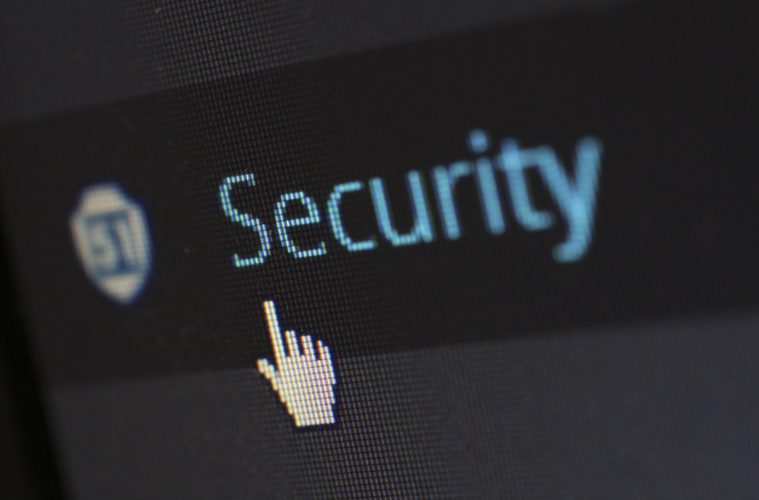
If you consider yourself a frugal person, you probably avoid spending money when it seems unnecessary — like on expensive cybersecurity measures, for example. You might think that you are hardly a prime target for cybercriminals and that the free solutions built into your device suffice for keeping the biggest, baddest attacks out. Unfortunately, you would be seriously wrong.
Rather than saving you money, your lax attitude toward network and device security in the home is costing you gravely. If you don’t believe it, read on for a few common expenses of insufficient security amongst consumers.
Inevitable Infection
Many device users think that they can get away with not paying for a robust security suite if they practice smart cyber hygiene. Cyber hygiene entails avoiding sketchy websites, untrustworthy links and treacherous downloads — and honestly this isn’t a bad strategy for keeping your devices safe.
The problem lies with being able to identify the sketchy websites, untrustworthy links and treacherous downloads; few run-of-the-mill users can do so with 100-percent accuracy. All it takes is one misplaced click for your device to become infected with malware, and you won’t have any second line of defense against attack.
The truth is that malware attacks are all but inevitable in this era of the internet. Every day, more than 350,000 new malicious programs are added to the literal billions of threats that already float around the web. Every so often, threats bleed into legitimate spaces, masquerading as genuine and safe. This is especially true of attacks like adware and spyware, which are especially good at hiding in plain sight and evading notice once nestled in your device.
It is irresponsible to believe that you can successfully escape malware on your own. If you lack support, even basic assistance like an antivirus program, you will succumb to malware eventually. A better strategy is arming all your devices with robust security solutions and even checking your home network security for upgrades.

Lost Data
One of the most noteworthy losses you will sustain thanks to your unescapable malware infection is the damage to your data. Attackers want nothing more than to identify and take your personal information, especially login credentials and financial data. Most malware is designed to capture your data is some way, perhaps by logging keystrokes or by searching for types of files; ransomware straight-up deletes your files, sometimes encrypting and releasing your data if you pay the attackers’ exorbitant fee.
Missing and damaged data is exceedingly expensive. You could lose access to documents necessary for work, harming your career prospects. Or, you could lose precious pictures of your family or other files you save for sentimental value that you would be unable to reconstruct. Data is money in the Digital Age, and it is imperative that you protect it to the best of your ability.
Slower Devices
There are plenty of examples of malware that don’t launch active attacks; instead, these varieties linger in the background, watching your movements or utilizing your machine’s processing power for a nefarious goal. While this malware won’t crash your computer, it will slow your device down considerably, making using your device frustrating beyond belief.
Just as data is money, time is money, too. You don’t want to waste your few free minutes watching your browser load or waiting for a program to boot up; you want to be productive for as much time as possible per day. Often, users will pay to replace slow devices, thinking they are simply past their prime — when in reality a good device should last five years or more, perhaps even 10 if you are taking proper care. A slow device is a near-useless device, so you should strive to keep your devices malware-free with the right security solutions.
Constant Repairs
If you don’t immediately ditch your slow, malfunctioning device for something shiny and new, you might try to repair your old computer or mobile tech. Unfortunately, repairs don’t come cheap. A professional computer repair service will cost about $65 per hour, and the more malware you have clogging up your machine, the more money you will pay. Even if you have some hardware or software skill, identifying problems and resolving them can take hours, and as established before, time is money. Plus, if you continue operating without security measures, you will only succumb to malware again sometime down the line.
It is much, much cheaper to install a home security suite from the get-go. There are a number of trustworthy cybersecurity providers, including TrendMicro, Norton, Kaspersky and the like, and you can compare and contrast their packages to find the right solution for you. There is no reason to wait; the sooner you pay for quality security tools, the sooner you can stop paying for insecurity.

